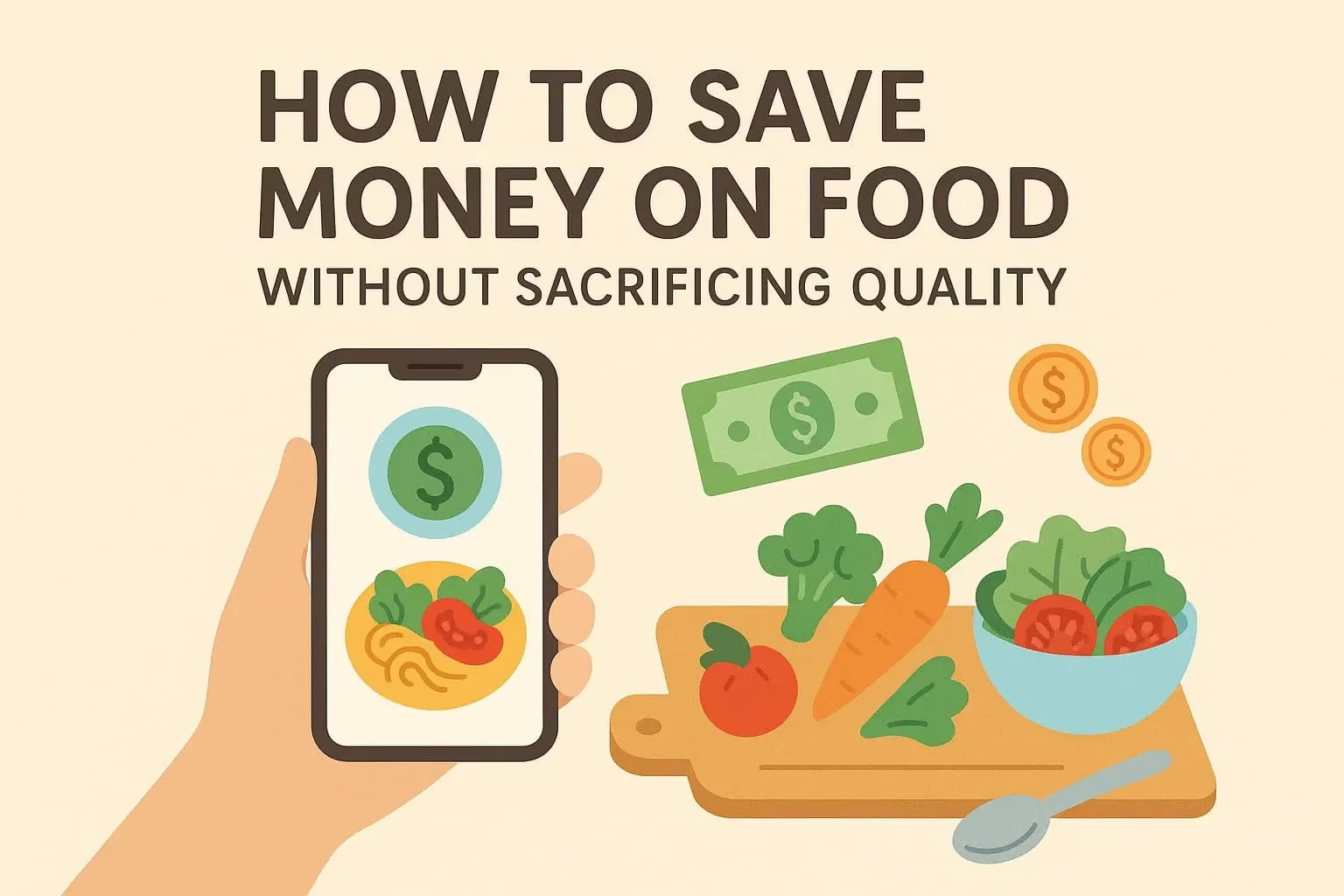Life is full of emotional highs and lows — setbacks, rejections, failures, disappointments. You can’t avoid them all. But you can choose how you meet them.
What allows some people to bounce back from hardship while others feel stuck or defeated? The answer isn’t toughness, denial, or pretending everything’s fine. It’s something softer — and more powerful:
Self-compassion.
In this article, you’ll learn why self-compassion is the secret weapon of emotional resilience, how to practice it daily, and how this one mindset shift can radically change your inner world.
What Is Self-Compassion?
Self-compassion is the practice of treating yourself with the same kindness, care, and understanding you would offer a close friend going through a hard time.
It means saying:
- “This is hard — and I’m still worthy.”
- “I’m allowed to feel this way.”
- “I made a mistake — and I still deserve love.”
- “I don’t have to be perfect to be valuable.”
It’s not self-pity or self-indulgence, neither letting yourself off the hook. It’s about holding yourself with honesty and tenderness instead of shame.
What Is Emotional Resilience?
Emotional resilience is your ability to:
- Navigate discomfort without collapsing
- Move through pain without suppressing it
- Stay connected to your values during challenges
- Recover from setbacks with flexibility and inner safety
It’s not about never breaking down. It’s about bending without breaking — and coming home to yourself even in the storm.
Why Self-Compassion Is the Foundation of Resilience
Without self-compassion, hard moments become:
- Harsh self-judgment
- Shame spirals
- Suppression or avoidance
- Fear of failure or rejection
- Emotional isolation
But with self-compassion, those same moments become:
- Opportunities for healing
- Inner connection
- Deeper understanding of your patterns
- A chance to grow instead of shut down
Self-compassion gives you the emotional oxygen you need to keep breathing through pain.
The 3 Core Elements of Self-Compassion
According to Dr. Kristin Neff, self-compassion consists of:
1. Self-Kindness
Treating yourself with care, gentleness, and patience instead of criticism.
2. Common Humanity
Remembering that pain, struggle, and imperfection are part of being human — you’re not alone.
3. Mindfulness
Facing your emotions without exaggerating, suppressing, or identifying too closely with them.
Together, these create a mindset that is honest but kind, realistic but soft — the perfect foundation for resilience.
How Self-Compassion Builds Emotional Resilience
✅ It Reduces Shame
Instead of spiraling into “What’s wrong with me?”, you say, “This is painful, but it doesn’t define me.”
Shame isolates. Compassion connects — and connection creates resilience.
✅ It Helps You Regulate Emotions
When you respond to your emotions with curiosity and care, instead of judgment, you create emotional safety.
This calms your nervous system and makes space for healing.
✅ It Encourages You to Try Again
With self-compassion, failure becomes feedback — not a reason to give up.
You learn to move forward without fear of self-attack if things don’t go perfectly.
✅ It Fosters Internal Trust
When you respond kindly to your own pain, you teach yourself:
“I can count on me.”
That trust becomes a stable foundation, no matter what life throws at you.
How to Practice Self-Compassion (Even If It Feels Unnatural)
Self-compassion isn’t always easy — especially if you’ve been taught to be self-critical. But it’s a skill. It gets easier with practice.
1. Notice Your Inner Critic
When something goes wrong, observe the voice inside:
- “I should’ve done better.”
- “I’m such a mess.”
- “Everyone else handles this fine.”
Just becoming aware of this voice is the first step to changing it.
2. Pause and Reframe With Kindness
Try saying to yourself:
- “This is hard — and I’m doing my best.”
- “Of course I feel this way. It makes sense.”
- “This pain is part of being human. I’m not broken.”
- “What would I say to a friend right now?”
Reframe with truth and warmth.
3. Place a Hand on Your Heart
Physical touch activates the body’s soothing system.
Try this when upset:
- Place your hand on your heart or cheek
- Breathe slowly and gently
- Whisper, “I’m here for you. I’ve got you.”
This calms the nervous system faster than words alone.
4. Use a Compassionate Journal Prompt
Reflect with:
- “What am I feeling right now?”
- “What do I need?”
- “What would be the most caring choice I could make next?”
- “If I weren’t judging myself, what would I say?”
Let your journal become a safe place — not just a place for productivity.
Self-Compassion Myths (and the Truth)
| Myth | Truth |
|---|---|
| “It’s weakness.” | It takes courage to meet pain with kindness. |
| “It makes you lazy.” | Compassion increases motivation by reducing fear. |
| “It’s self-indulgent.” | It’s self-responsibility — healing instead of avoiding. |
| “I’ll never improve if I go easy on myself.” | Growth thrives in safety, not shame. |
Self-compassion helps you grow — because it keeps you grounded.
Final Thought: The Strongest People Are the Kindest to Themselves
Resilience doesn’t come from grit alone. It comes from knowing that when things fall apart, you won’t fall apart inside yourself.
It comes from knowing how to whisper to yourself:
“This is hard — and I still belong.”
“I am not alone in this.”
“I can meet this moment with love.”
So when the next hard moment comes — and it will — don’t reach for perfection. Reach for compassion.
That’s where your real strength lives.






